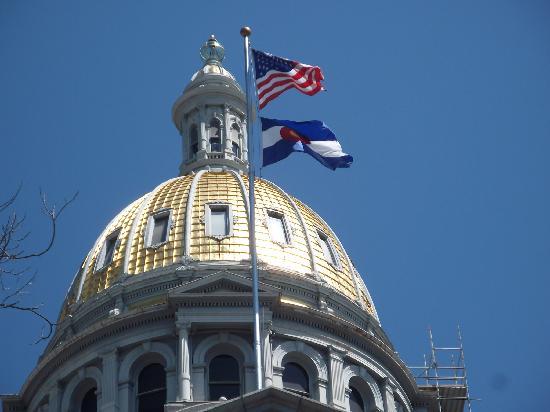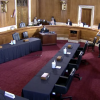Colorado Senator Steve Fenberg (D-Boulder) introduced an 87-page bill today that seeks to establish a new framework for personal and therapeutic uses of natural medicines, including psychedelics.
Under the bill, the Department of Regulatory Agencies (DORA) would be responsible for overseeing licensed psychedelic manufacturing, testing, and other business activities. It also asks DORA to create a commission that focuses on incorporating Indigenous and Religious voices in the regulatory process for natural medicines.
A draft of Senate Bill 290, dated April 17, was obtained by the Colorado Times Recorder before the bill was officially introduced. It was released as the Natural Medicine Advisory Board, which is tasked with promulgating rules to regulate natural medicine use in Colorado, begins its first subcommittee meetings.
“Although there may be tremendous potential in utilizing natural medicine for managing various mental health conditions, healing, and spiritual growth, this potential must be appropriately balanced with the health and safety risks that it could pose to consumers as well as the cultural harms it could pose to indigenous and traditional communities that have connections to natural medicine,” the bill reads in part.
Fenberg’s office did not respond to multiple requests for comment on the bill.
Coloradans legalized the use of psilocybin and psilocin for adults aged 21 and up in November last year under Proposition 122.
However, the law does not place limits on personal possession and cultivation of psilocybin mushrooms. It also did not allow local governments to decide whether to allow natural medicine centers within their jurisdictions. These decisions were instead left to state lawmakers and DORA.

Gov. Jared Polis appointed a 15-member advisory board in January to help DORA craft regulations about medical and therapeutic uses. The board was confirmed in March and has until September 30 to submit its first set of recommendations, a timeline that some advocates think is too condensed to create meaningful regulations.
Other advocates had mixed reactions to Fenberg’s bill.
For instance, Tasia Poinsatte, who leads the Healing Advocacy Fund of Colorado, described SB-290 as a “step in the right direction” but caveated that more work needs to happen to ensure it addresses Colorado’s mental health challenges equitably.
“Our state is facing a mental health crisis, and our current system has been unable to meet the needs of those who are struggling, including the many veterans in our state who are at a high risk of suicide,” Poinsatte said in a statement. “Colorado voters agreed with the passage of Prop. 122 that we need to open new, innovative pathways to healing for those who are struggling with mental health conditions.”
Robert Rush, a lawyer and a natural medicine advocate, described SB-290 as “a disaster from a policy standpoint” because it adds “additional layers of unnecessary bureaucracy and creates confusion and conflict regarding the law.”
“SB23-290 is an affront to the democratic process and ignores the will of Coloradoans who voted for Proposition 122,” Rush said.
Ashley Ryan, a psychedelic educator, told Healing Maps that she is concerned about several measures in the bill that would effectively make public display or consumption of natural medicines a petty offense.
“The proposed bill ignores the voice of the people who voted for the [Natural Medicine Health Act],” Ryan said. “It also creates unnecessary bureaucracy and red tape and exposes users and providers of natural medicine to potential legal risks.”
The bill is expected to have a flurry of activity over the next two weeks as the 2023 legislative session wraps up. It is expected to be debated before the Senate Finance Committee on April 20.




